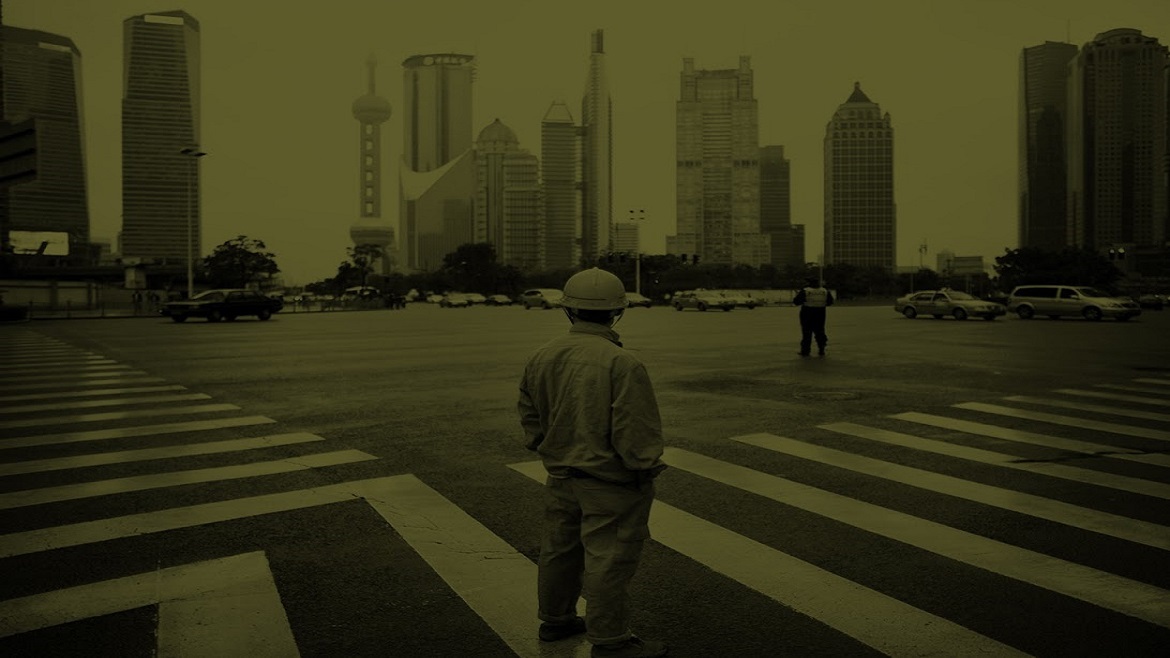When Peter, a farmer from rural Kenya, moved his family to the city in search of a better life, the informal settlements were the only feasible place to go. Their nearest water source was 0.5km away —a kiosk with an illegal connection where water was sold at 8 times the price the utility charged their customers.
Once he found out he was spending almost a quarter of his income on water, Peter and three other families told the local chief they were applying for their own connection. They were threatened with eviction if they did not continue to buy water from the kiosk.
Peter wanted the dignity of being a legitimate customer of the utility company, and access to its lower prices, but his recent encounter with the local chief made this seem a distant possibility. He also realised he couldn’t afford the utility’s up-front connection fee, or the monthly bills; he lived in a world of low volume and fast-moving cash.
The utility regulator, whose job was to ensure the utility delivered on its mandate, requested reports on revenues, costs, staffing and water losses, but did not ensure that low-income customers were being served. Most curious of all, while NGOs and other external organisations pressed the director of the utility to address conditions in the slums, he was under discrete but insistent pressure from within the government to leave them as they were, because the more desperate the conditions, the more foreign aid would make its way into the country.
Then Peter’s luck changed. A new director was recruited, with a vision to change the status quo. He had seen how mobile phone companies had attracted thousands of clients through well-targeted tariffs and payment options. He applied the same strategy to his company, introducing tailor-made water services with frequent payment options and phased connection fees. He established a team dedicated to winning and retaining low-income customers. Peter soon became a legitimate and valued customer, buying safe water at an eighth of the previous price.
The new director collected data to prove that serving informal settlements was viable. He calculated that, with fewer illegal connections and better networks, serving these settlements actually helped conserve the city’s water supplies. With this data, he could convince the banks to allocate a proper proportion of the city’s finance to serve the settlements. It was good for the customers, good for the utility and it helped the banks honour their stated purpose of fighting poverty.
Just as we need to anticipate what the world will look like with a different climate, we also need to anticipate what it will look like with an explosion of larger, more densely populated cities. Without access to water and sanitation, there is no health nor economic growth. We cannot keep up with the pace of urbanisation unless we face up to some harsh realities. Cities are a hotbed of criss-crossing. In many cases, people suffer because of vested interests (such as a lack of action from local authorities, in Peter’s case)—not because of a lack of money or technology.
We must help cities recognise slum dwellers –as legitimate and valued customers to stop them from neglecting them just because they don’t have time to find the right solutions for them.
We must help development banks re-discover their purpose and introduce flexible capital into what have become increasingly slow and inflexible financing systems, so the impact of large-scale water and sanitation investments reaches low-income populations. More flexible capital rewards cities who service all their citizens, incentivises the search for effective low-income service models, and invests in people and policy allowing for a more dynamic approach, which is critical for success in serving low income settlements.
We must convince governments that serving everyone in their city is not only feasible, but can also save water, reduce costs and save carbon.
With commitment, the forces which stood in Peter’s way can be broken down, understood and dealt with. It may be difficult, but Peter’s story proves that it is absolutely possible.
Sam will be speaking at The Economist Events' World Water Summit on November 6th 2014.
The views and opinions expressed in this article are those of the authors and do not necessarily reflect the views of The Economist Intelligence Unit Limited (EIU) or any other member of The Economist Group. The Economist Group (including the EIU) cannot accept any responsibility or liability for reliance by any person on this article or any of the information, opinions or conclusions set out in the article.




